Laptops have come a long way since their inception in the early 1980s. From clunky and heavy devices to sleek and lightweight machines, laptops have become an essential tool for both personal and professional use.
Advancements in technology have made laptops more powerful, portable, and versatile than ever before. However, with technology advancing at a rapid pace, it’s natural to wonder what the future holds for laptops.
In this article, we will explore what kind of laptops of the future could be, the predictions for the future of laptops, including design, technology, and longevity.

Predictions For the Laptops of Future
As you know, computing technology is evolving so rapidly and with double speed it’s getting extinct.
So, it is very difficult to predict the future of personal computing (laptops, desktop computers, tablets, smart phones and watches, etc.).
These are some of the expectations cum predictions that a laptop can have in the near future or in the next 20-30 years, i.e. up to 2050.
Design Advancement
One of the most significant predictions for the future of laptops is a shift in design. It is expected that thin and light laptops will become even more popular as people demand greater portability and flexibility.
The use of new materials, such as carbon fiber and graphene, will make laptops more durable and resistant to damage.
Furthermore, the integration of foldable and rollable screens could lead to laptops that can be transformed into tablets or even smartphones.

Use of Advanced Technology. Artificial Intelligence (AI) & Machine Learning
Another prediction for the future of laptops is the incorporation of more advanced technology. The use of artificial intelligence and machine learning will enable laptops to adapt to the user’s needs and preferences.

Laptops will also become more energy-efficient, thanks to the development of new battery technologies. The integration of 5G and Wi-Fi 6 will make laptops faster and more reliable for connecting to the internet.
Biometric Security
Increased use of biometrics for security and login purposes, such as fingerprint scanners and facial recognition.
Integration of More Advanced Sensors
Integration of more advanced sensors, such as cameras, microphones, and touchpads, to improve the overall user experience.
Eco-friendly and Sustainable Laptops
Greater emphasis on sustainability and eco-friendliness, with laptops being designed to be more energy-efficient and made from more environmentally friendly materials.
Powerful Graphics and Video Processing
More powerful graphics and video processing capabilities, making laptops suitable for gaming and video editing.
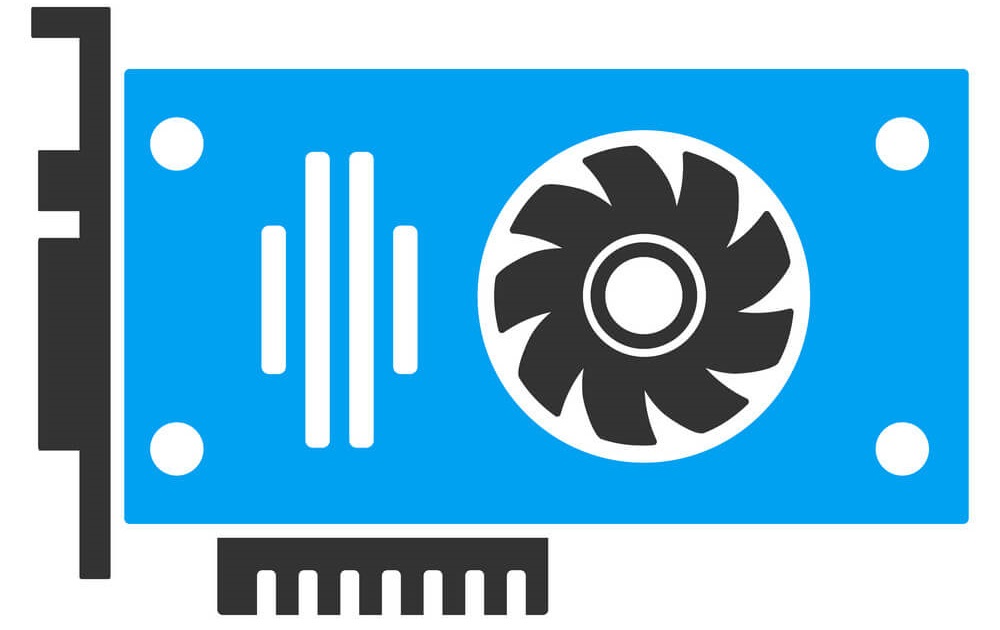
Use of Cloud Computing will Increase
Increased use of cloud computing, allowing users to access their files and applications from any device, including laptops.

More Efficient Cooling System will be there
More advanced and efficient cooling systems to deal with the heat generated by high-performance laptops.
Laptops with Flexible and Detachable Screens
Laptops with multiple, flexible and detachable screens, enabling users to work on multiple tasks at once.
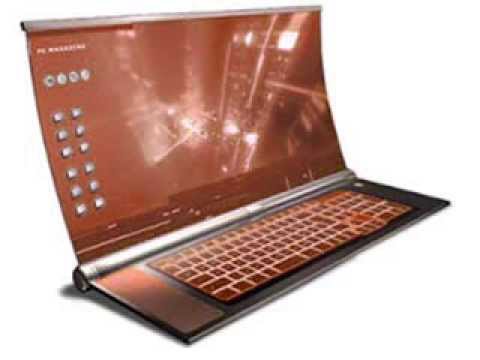
Easy To Upgrade Laptops
Laptops with a more modular design, where components can be easily upgraded or replaced.
Laptop with Built-in Stylus and Projectors
Laptops with a built-in stylus, allowing for more precise input and control. Laptops with built-in projectors, enabling users to easily share presentations or videos with a larger audience.
Will Large Tablets Replace Laptops?
The advancements in technology, the future of laptops may also see a shift towards larger tablets with more advanced technology.
These devices will be more portable and versatile than laptops, making them a suitable alternative for users who prioritize portability over power.
Large tablets, such as the Microsoft Surface Pro or the iPad Pro, have the potential to replace laptops in certain situations, particularly for users who prioritize portability and flexibility over power and processing capabilities.
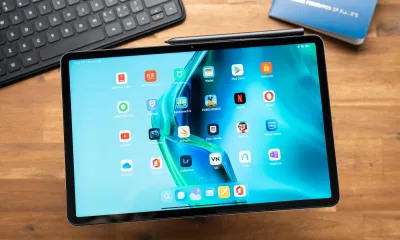
Tablets are Becoming More Powerful
Large tablets are becoming increasingly powerful and versatile, and many models now come with keyboard and trackpad attachments, making them suitable for tasks such as typing and browsing the web.
They also tend to be thinner and lighter than laptops, making them more portable and convenient to carry around.
However, there are also some limitations to large tablets as a replacement for laptops. They typically have less storage capacity and fewer ports than laptops.
They also tend to have less powerful processors and graphics cards, making them less suitable for tasks that require high performance such as video editing, or gaming.
So, What’s the Future of Large Tablets?
As the large tablets are suitable replacement for laptops for users who prioritize portability and flexibility but may not be the best option for users who require more power and processing capabilities.
So, if they get more powerful as expected by overcoming their drawback, they can replace laptops in the near future.
The Longevity of Laptops: Will Laptops be There After 20-30 Years Like in 2040 – 2050?
The question of whether laptops will still be around in 20 and 30 years is a valid one. With technology advancing at a rapid pace, it’s possible that laptops will become obsolete.
However, laptops have proven to be a durable and versatile technology that has stood the test of time.
The future of laptops will depend on the advancements in technology and changes in consumer preferences. If laptops continue to evolve and adapt to meet the needs of users, they will likely still be in use in 20 and 30 years.

On the other hand, if they fail to keep up with advancements in technology and consumer preferences, they may become obsolete. Until today, laptops are getting more powerful and resilient and continue to evolve against all odds.
Whether they are smart phones, large tablets, wearable display devices, or any other. For the time being its almost chances to none to of laptop extinction.
Top 10 Innovations that Could Shape or Can Totally Change the Future of Computing
The future of computing is expected to be shaped by a wide variety of innovations, from quantum computing and artificial intelligence to nanotechnology and biotechnology. These are top 10 technologies that could play a major role in shaping the future of computing.
Quantum Computing
Quantum computers use quantum-mechanical phenomena, such as superposition and entanglement, to perform operations on data. They have the potential to significantly increase the speed and efficiency of certain types of computing tasks.
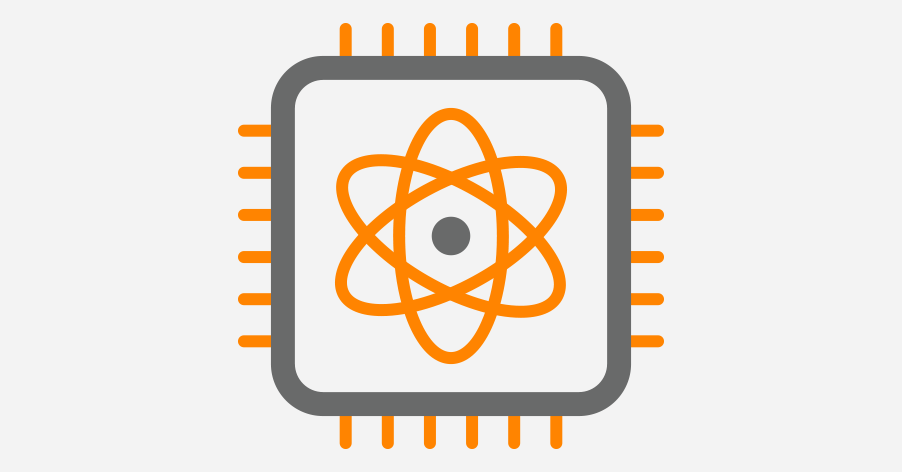
Artificial Intelligence and Machine Learning
Advances in AI and machine learning are enabling computers to perform tasks that were previously thought to be the exclusive domain of humans, such as understanding natural language and recognizing objects in images.

Edge Computing
Edge computing involves processing data at or near the source of the data, rather than sending it to a centralized location for processing. This can reduce latency and increase the responsiveness of applications in future.
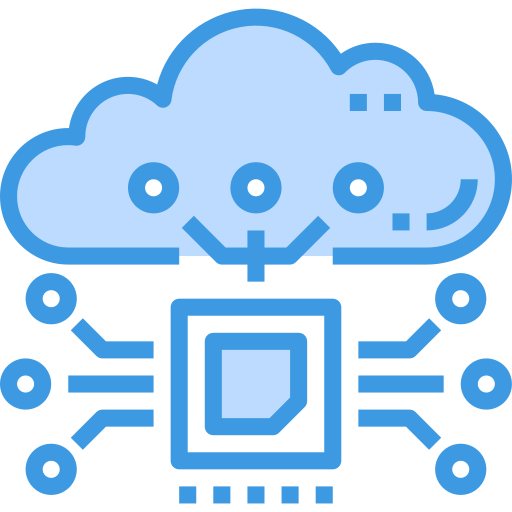
Blockchain Technology
Blockchain is a decentralized, distributed ledger technology that enables secure and transparent transactions. It has the potential to revolutionize industries such as finance, supply chain management, and voting systems.

5G Networks
The fifth generation of mobile networks (5G) promises faster speeds and lower latency than previous generations, enabling new use cases such as autonomous vehicles and remote surgery.
This will open the door for new applications that require low latency and high bandwidth.

Augmented Reality (AR)
Augmented reality is a technology that superimposes digital information on the user’s view of the real world, creating a composite view. It has the potential to revolutionize industries such as gaming, tourism, and education.

Neuromorphic Computing
Neuromorphic computing is a form of computing that mimics the structure and function of the human brain. It has the potential to significantly improve the energy efficiency of computing and enable new types of applications, such as image and speech recognition.
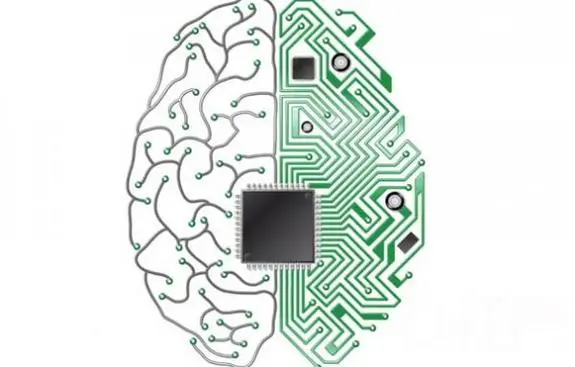
Nanotechnology
Nanotechnology involves the manipulation of matter on a very small scale, on the order of atoms and molecules. It has the potential to enable new types of materials, devices, and systems with novel properties and capabilities.
For example, using carbon nanotubes and graphene, it’s possible to create faster and more energy-efficient transistors, which are the building blocks of computer processors.
It’s possible to create more durable and efficient memory storage devices, such as flash drives and hard drives.
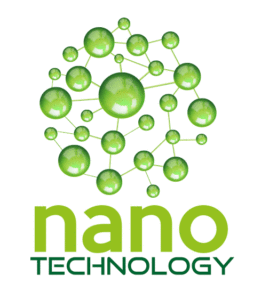
DNA Computing
DNA computing is a field that seeks to use DNA molecules as the basic units for storing and processing information. This approach has the potential to create computing systems with incredibly high data storage density and low energy consumption.
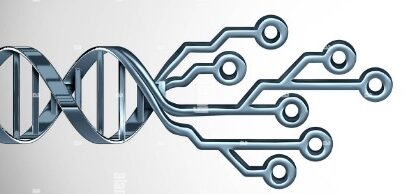
What Could Be the Role of the Internet of Things (IoT) in Future of Laptops?
The Internet of Things (IoT) can help laptop brands make better laptops in the future. The IoT involves connecting everyday devices and appliances to the internet, enabling them to communicate with each other and with users.
This can greatly enhance the functionality of laptops in several ways
The Internet of Things (IoT) has the potential to play a significant role in the future of laptop manufacturing, like in the next 5-10 or 10-20 years.
These are a few ways in which IoT could impact laptops’ manufacturing and their behaviors.
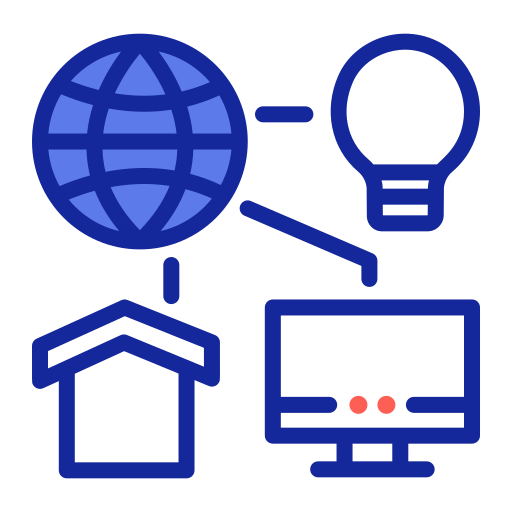
Smart Laptop Manufacturing
IoT can enable manufacturers to collect and analyze data from various sources, such as machines, sensors, and workers, to optimize production processes and increase efficiency. This can lead to cost savings, improved quality control, and faster production times.
That means you’ll get cheap but more durable laptops or customizable laptop cost, even desktop PC or Gaming PCs as well.
Predictive Maintenance
IoT can help laptop brands or manufacturers to predict when a machine or equipment is going to fail, allowing them to plan maintenance and repairs in advance, minimizing downtime and maximizing productivity.
It will not limit to brands only, it will trickle down to customer level. So, you will know your HDD or Windows is going to crash in advance to take proactive measures.
Personalization
IoT can enable laptop brands to gather data on consumer preferences and usage patterns, and use this information to personalize the functionality of laptops to meet the specific needs of individual users.
Remote Troubleshooting and Monitoring
IoT can enable laptop brands to remotely monitor and manage the performance of laptops, and provide real-time updates and troubleshooting.
Smart Features
The IoT can enable laptop brands to integrate smart features, such as voice and gesture control, into their laptops, making them more intuitive and user-friendly.
How Fast Will Laptops Be in the Future 2-3 Decades Later?
It is quite difficult to predict exactly, but most laptops will probably continue to become faster and more powerful over time as technology continues to advance.

One major factor that will contribute to the increased speed of laptops is the development of new and more powerful processors. These processors will be able to handle more complex tasks and calculations, making laptops faster and more efficient.
Another factor that will contribute to the increased speed of laptops is the advancement of memory technology. Laptops will likely have more memory and storage capacity, allowing them to handle more data and run more applications simultaneously.
The use of 5G and Wi-Fi 6 networks will also contribute to the increased speed of laptops. This will provide faster and more reliable internet connections, allowing laptops to transfer and receive data more quickly.
Additionally, the advancement of artificial intelligence and machine learning technology will contribute to the increased speed of laptops. These technologies will allow laptops to process and analyze data more quickly and accurately, which will in turn speed up the operation and performance of laptops.
Overall, it is likely that laptops will continue to become faster and more powerful in the future as technology continues to advance. It is also possible that new forms of computation and technologies, that we currently don’t know about, may emerge and change the computing landscape as well.
The Future of PC and Desktop Computers: Can Laptops Replace them in Next 30 Years?
With laptops becoming more powerful and versatile, the future of PCs and desktop computers is uncertain. It’s possible that advancements in laptops will make them a suitable substitute for PC and desktop computers.
However, PC and desktop computers will continue to be relevant for users who require more power and processing capabilities.
The future of desktop computers is likely to evolve and adapt to changing technology and consumer preferences. While it is possible that laptops will continue to become more powerful and versatile, it is unlikely that they will completely replace desktop computers.
One potential future for desktop computers is that they will continue to be used primarily for tasks that require a high level of performance and power, such as gaming, video editing, and 3D rendering. These tasks require a large amount of processing power and storage capacity, which laptops may not be able to provide in the future.
Another potential future for desktop computers is that they will be used as specialized devices for specific industries or tasks. For example, some professionals may find that they need a desktop computer with specialized hardware, such as high-end graphics cards, or multiple monitors, to increase productivity.

Additionally, as the world becomes more connected, the trend is to have more devices and appliances connected to the internet, which is known as the Internet of Things(IoT). Desktop computers may play a more important role as a hub for smart home devices, allowing users to control and monitor devices remotely.
Desktop computers continue to have a place in the market, despite a decline in demand. In fact, the technology companies are still developing ways to improve and market desktop computers, and that new updates often encourage people to continue using them.
One thing is sure that laptops will eventually become more powerful than desktops, with high-end laptop models potentially outperforming low-end desktop models.
Long story short, while laptops will continue to become more powerful and versatile, it is unlikely that they will completely replace desktop computers.
It is likely that desktop computers will continue to be used for specific tasks and industries requiring specialized hardware and high performance.
Further, the future of computing is very uncertain and it’s really hard to predict what will happen in the next coming years.
The Future of Laptop-making Companies
Simply, the future of companies that manufacture laptops depends on laptops. They will depend on their ability to adapt to advancements in technology and changes in consumer preferences.
It is likely that companies that can innovate and stay ahead of the curve will continue to thrive in the future. However, those that fail to adapt may struggle to compete in the market.
End of Discussion and Thoughts
In conclusion, the future of laptops is uncertain, but the predictions are exciting. The advancements in technology and changes in consumer preferences will shape the way laptops look, feel and work. With the incorporation of more advanced technology, laptops will become
more portable and versatile, and in some cases, they may be replaced by larger tablets. However, the longevity of laptops will depend on the ability of manufacturers to adapt to advancements in technology and changes in consumer preferences.
the future of laptops and other personal computing devices being so exciting, it’s hard to predict what will happen, but one thing is sure, the technology is going to be more advanced and more convenient to use than ever before.

